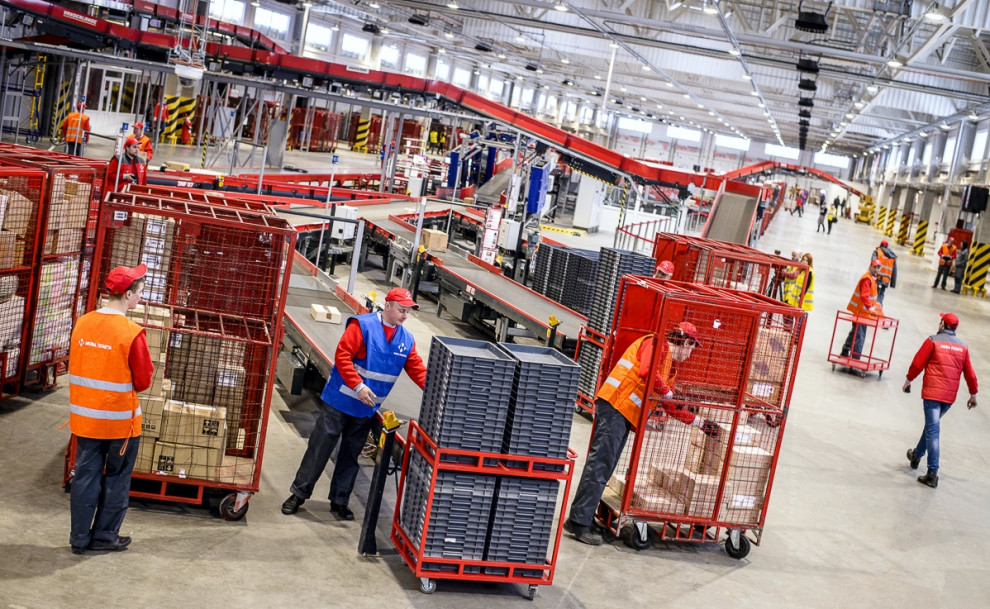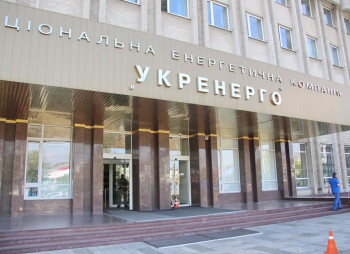The European Bank for Reconstruction and Development (EBRD) and Ukraine’s leading private provider of postal services, Nova Poshta, have signed a €13 million loan agreement to support the company’s expansion.
The loan, available in euros and Ukrainian hryvnia, will be used to build an innovative, automated sorting hub in the south-central Ukrainian city of Dnipro. A state-of-the-art facility will feature a new smart system designed by Equinox, a Lithuanian provider of solutions for robotisation and the optimisation of logistics.
When the Dnipro hub becomes operational, the company will be able to double the number of processed parcels, use its fleet more efficiently and save energy. Making fewer trips and consuming less fuel will help save around 1,570 tonnes of CO2 equivalent annually, comparable to removing about 800 passenger cars from the roads.
Petr Fokov, Chief Financial Officer of Nova Poshta, said: “Receiving an EBRD loan is an indicator of Nova Poshta’s good financial health and the Bank’s trust in the company. This inspires us to keep innovating. Every year we invest in infrastructure across the country to successfully manage the growing volume of parcels. We are pleased to continue our cooperation with the EBRD, delivering faster innovation so that our customers benefit.”
The EBRD has already financed the construction of a similar sorting hub in Khmelnytskyi, in western Ukraine. Completed in 2019, it helped Nova Poshta improve efficiency and cut annual CO2 emissions by approximately 1,200 tonnes.
A leader in logistics in Ukraine, Nova Poshta provides express delivery of documents, freight and parcels for individuals and businesses. It offers home, branch or locker delivery and operates 9,300 branches and 11,000 lockers, facilitating business for thousands of entrepreneurs in Ukraine and abroad.
The EBRD is a leading institutional investor in Ukraine. To date, the Bank has invested almost €16 billion in 506 projects across the country, with a focus on assisting economic stabilisation, anchoring reforms, strengthening energy efficiency and energy security, and supporting agricultural and industrial projects as well as smaller businesses.






